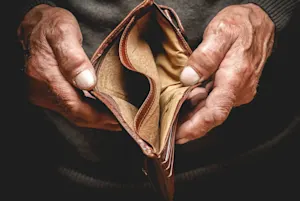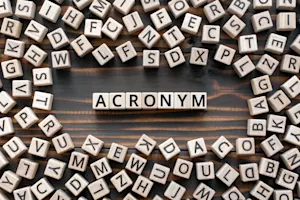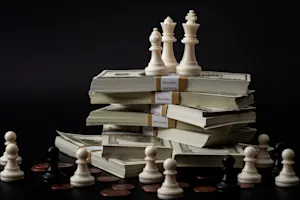What Makes This Word Tick
"Conventional" exudes a sense of tradition and the tried-and-true. It refers to established practices or beliefs that are widely accepted and followed. From conforming to societal standards to being the opposite of innovative, "conventional" often embodies the comfort of familiarity.
If Conventional Were a Person…
Picture a sensible neighbor wearing a classic cardigan, preferring routines over spontaneous adventures, and enjoying lunch at the regular spot. This person thrives on consistency, finding solace in the dependable rhythms of everyday life.
How This Word Has Changed Over Time
Originally rooted in agreements or covenants, "conventional" has long evolved to represent mainstream norms. While it historically emphasized agreements, it now often highlights the common or typical, shedding light on cultural shifts towards predictable behaviors over the centuries.
Old Sayings and Proverbs That Use Conventional
Though direct proverbs might be elusive, the core of "conventional" aligns with aphorisms about playing it safe and sticking to what works. Think of phrases like "better safe than sorry" or "the road well-traveled."
Surprising Facts About Conventional
Did you know that the word "convention" shares roots with "conventional"? Both are centered around the idea of coming together—whether people or ideas—solidifying the context that makes "conventional" the essence of shared norms.
Out and About With This Word
Walk into any traditional festival, and you'll experience the essence of "conventional." With customary costumes and age-old traditions, these events are a true celebration of conventional values, bringing communities together in familiar harmony.
Pop Culture Moments Where Conventional Was Used
Popular sitcoms often revel in the humorous clash between conventional characters and their unorthodox counterparts. Whether it's a conventional family dealing with unconventional situations or vice versa, it’s a staple of entertainment.
The Word in Literature
"Conventional" often finds itself in the realm of character development and social critique. Authors like Jane Austen have used it to depict societal norms and the struggle of characters caught in the web of traditional expectations.
Moments in History with Conventional
The Industrial Revolution, for instance, marked a significant challenge to conventional modes of work and living. While new technologies emerged, the conventional methods of production and social order were tested and transformed dramatically.
This Word Around the World
Globally, "conventional" takes on slightly different shades. In Japan, for instance, conventional practices emphasize harmony and respect within societal structures, blending uniquely with cultural expectations.
Where Does It Come From?
Hailing from Latin roots—'convenire', meaning 'to convene or come together'—"conventional" has its origins in concepts of meeting and agreement, perfectly capturing the essence of widely accepted norms and customs.
How People Misuse This Word
Some mistakenly use "conventional" interchangeably with "ordinary," overlooking its deeper connections to traditions and collective agreements. It’s more about accepted standards than mere blandness.
Words It’s Often Confused With
Traditional: Though similar, "traditional" emphasizes customs passed down through generations, while "conventional" focuses on current wide acceptance.
Conservative: This political or social ideology overlaps at times but isn't synonymous with the routine associations of "conventional."
Orthodox: While both involve established practices, "orthodox" often carries a stricter adherence, particularly in religious contexts.
Additional Synonyms and Antonyms
Synonyms include "standard," "habitual," and "orthodox." Antonyms encompass "unconventional," "radical," and "innovative."
Want to Try It Out in a Sentence?
"Despite the rise of modern dining trends, the small-town diner stuck to its conventional ways—classic booths, checkered tablecloths, and all."
















